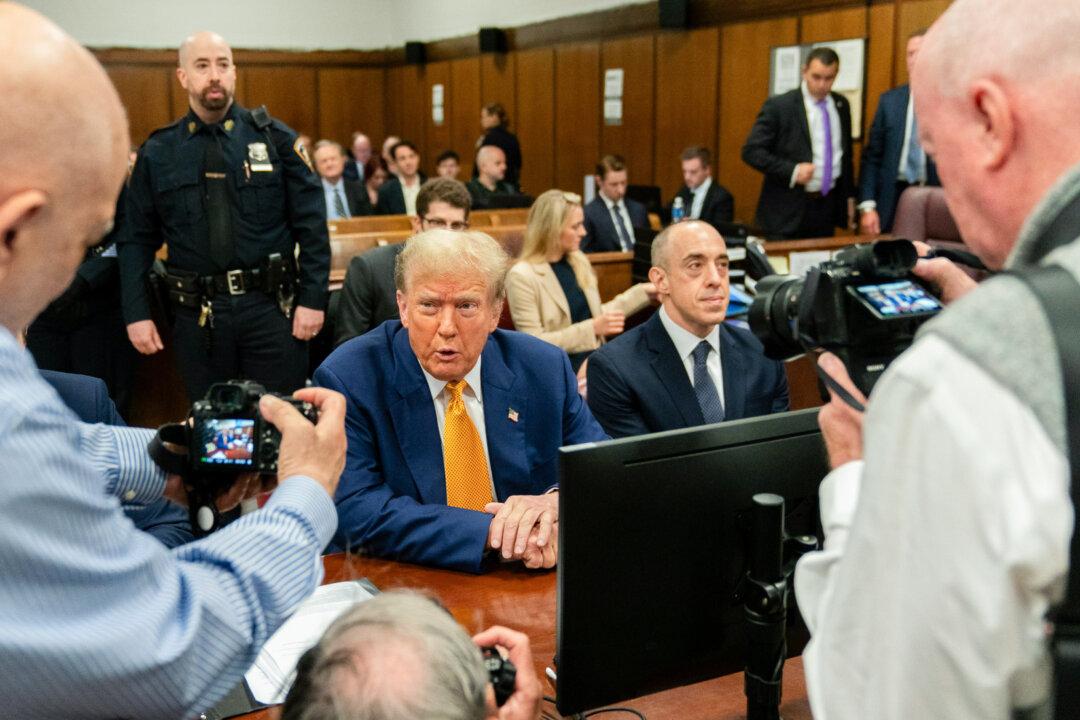A lawyer who was involved in the negotiations for agreements between former President Donald Trump and two women pushed back on prosecutors’ claims that it was a “hush-money” payment during a court appearance on May 2.
Keith Davidson, who negotiated agreements related to adult performer Stephanie Clifford, also known as Stormy Daniels, and model Karen McDougal, disputed Manhattan prosecutor Joshua Steinglass’s language.





